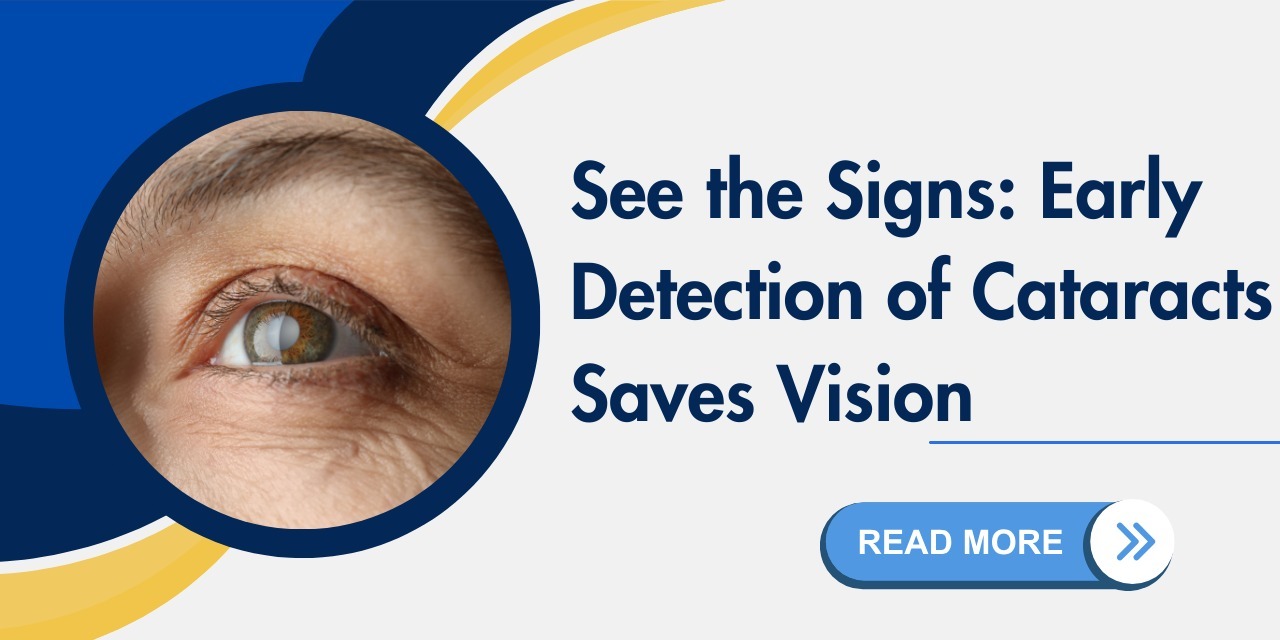The cornea is a clear, dome-shaped structure that covers the front of the eye, playing a vital role in vision. It helps to focus light onto the retina and protects the eye from external elements. However, various factors can lead to corneal disorders, affecting the clarity and functionality of the cornea. In this article, we will explore different corneal disorders, their causes, and the available treatment options. For specialized care, JP Eye Hospital, a unit of Dr. Agarwals Eye Hospital, offers comprehensive services for corneal disorders.
Common Corneal Disorders:
- Corneal Abrasions: Corneal abrasions are superficial scratches or injuries to the cornea caused by foreign objects, such as dust, contact lenses, or accidental trauma. Symptoms include eye pain, redness, tearing, and sensitivity to light.
- Keratitis: Keratitis is the inflammation of the cornea, often caused by infection, injury, or underlying conditions. Bacterial, viral, or fungal infections, as well as dry eyes, can contribute to keratitis. Symptoms may include eye pain, redness, blurred vision, discharge, and light sensitivity.
- Corneal Ulcers: Corneal ulcers are open sores on the cornea that result from infection, injury, or certain underlying conditions. These ulcers can be painful and cause redness, blurred vision, tearing, and discharge. Prompt treatment is necessary to prevent complications and potential vision loss.
- Corneal Dystrophies: Corneal dystrophies are a group of genetic disorders that cause progressive changes in the cornea. These conditions can affect the clarity and shape of the cornea, leading to vision problems. Examples include Fuchs’ dystrophy and lattice dystrophy.
- Corneal Edema: Corneal edema occurs when the cornea retains excess fluid, causing swelling and decreased vision. Conditions such as endothelial dysfunction, trauma, or previous eye surgery can lead to corneal edema.
Treatment Options:
- Medications: Depending on the type and severity of the corneal disorder, various medications may be prescribed. Antibiotic or antifungal eye drops or ointments are used to treat infections, while lubricating eye drops can help relieve symptoms associated with dry eyes or corneal abrasions.
- Topical Steroids: In some cases, corticosteroid eye drops may be prescribed to reduce inflammation and manage certain corneal disorders.
- Corneal Cross-Linking (CXL): Corneal cross-linking is a procedure used to strengthen the cornea in progressive conditions such as keratoconus. It involves applying riboflavin eye drops and then exposing the cornea to ultraviolet light, which promotes the formation of new collagen bonds.
- Corneal Transplantation: In severe cases where the cornea is extensively damaged or when other treatment options are ineffective, a corneal transplant may be recommended. During the procedure, the damaged cornea is replaced with a healthy donor cornea.
JP Eye Hospital: Specialized Care for Corneal Disorders
JP Eye Hospital, a unit of Dr. Agarwals Eye Hospital, offers comprehensive services for the diagnosis and treatment of corneal disorders. With advanced technology and a team of skilled ophthalmologists, they provide personalized care and treatment plans for patients with corneal conditions.
To learn more about corneal disorder treatments at JP Eye Hospital or to schedule a consultation, visit their website at https://www.jpeyehospital.in/ or contact them at 09216066614.
Address: Mohali Stadium Rd, Phase 7, & 35, Sector 61, Sahibzada Ajit Singh Nagar, Punjab 160061 Get Direction Now: https://goo.gl/maps/34W1fq7MX1xLx2s69
Trust JP Eye Hospital to provide specialized care for corneal disorders, helping you achieve optimal eye health and vision.










